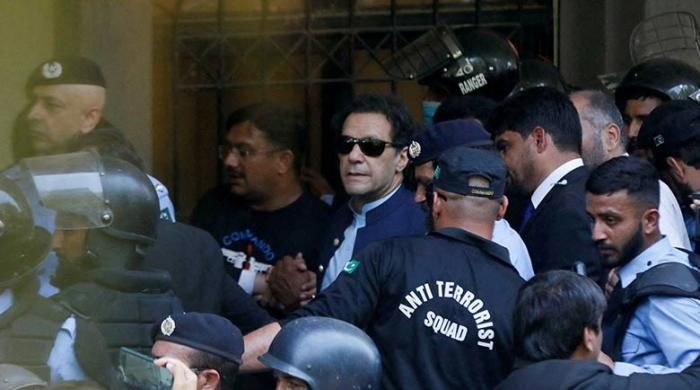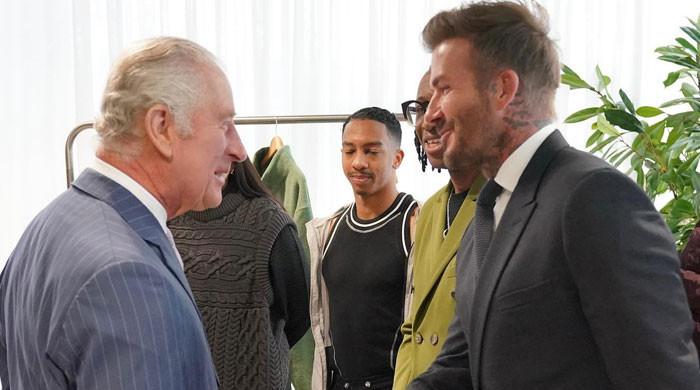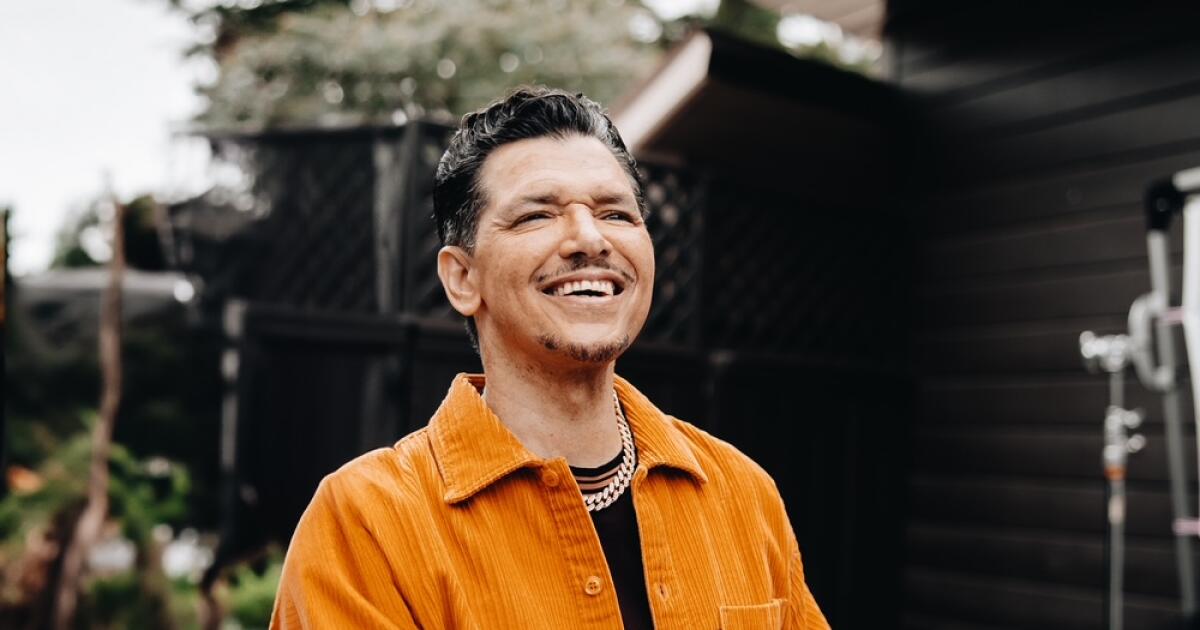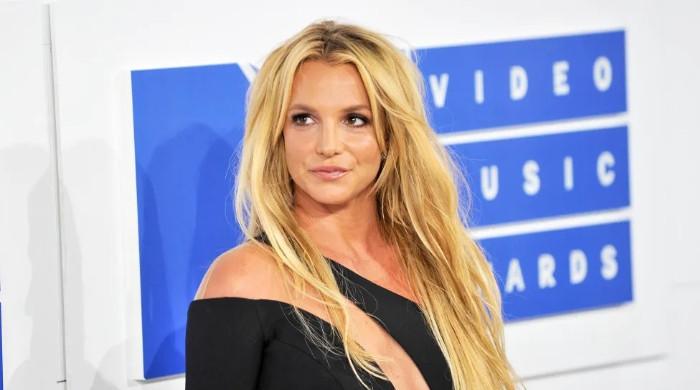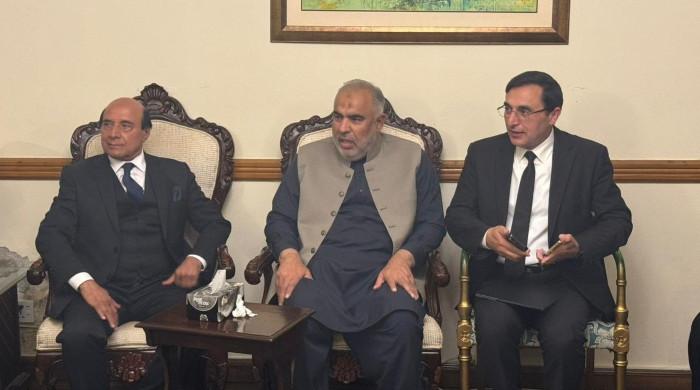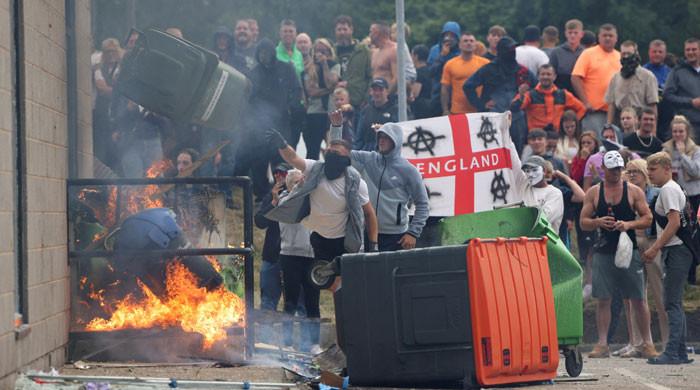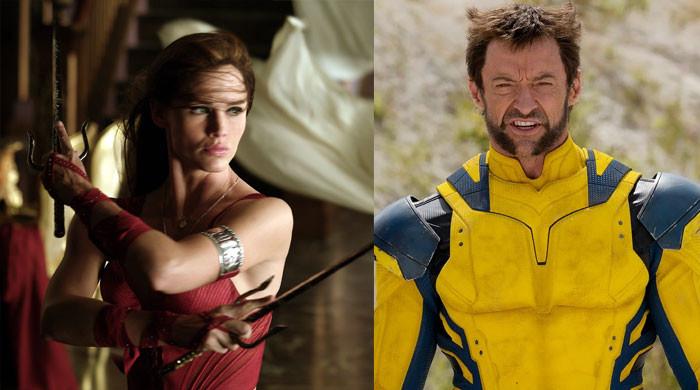- The UN report says that “the appropriate solution would be the release of Imran.”
- “The detention of the former prime minister is arbitrary and violates international law”
- Report highlights 'widespread fraud on election day' [Feb 8]”.
WASHINGTON: The detention of Pakistan Tehreek-e-Insaf (PTI) founder Imran Khan is arbitrary and violates international law, a UN human rights working group said in an opinion issued on Monday, adding that the jailed politician should be “released immediately”.
The Geneva-based United Nations Working Group on Arbitrary Detention said “the appropriate remedy would be to immediately release Mr. Khan and grant him an enforceable right to compensation and other reparations, in accordance with international law.”
The UN task force said the former prime minister's legal troubles were part of a “much larger campaign of repression” against him and his party.
He pointed to the arrests of several PTI leaders and alleged torture in custody inflicted on them, as well as restrictions on holding election rallies in the run-up to the February 8 general elections.
He also denounced “widespread fraud on election day, with dozens of parliamentary seats stolen.”
Pakistan's embassy in Washington did not immediately comment. Meanwhile, the Election Commission of Pakistan (ECP) denies that the election was rigged.
The cricketer-turned-politician, who came to power in 2018, was removed from the post of prime minister in April 2022 in a no-confidence motion led by the then united opposition, mainly comprising the Pakistan Muslim League-Nawaz (PML-N), Pakistan People's Party (PPP) and Jamiat Ulema-e-Islam (JUI-F), also called the erstwhile Pakistan Democratic Movement (PMD).
The alliance then formed a coalition government to complete the remaining term of the National Assembly.
Imran has faced a host of charges ranging from corruption to terrorism since his dismissal as prime minister.
The PTI founder has been in prison since last August and was convicted in some cases ahead of a national election earlier this year. He is also fighting dozens of other cases that are still ongoing.
On August 5 last year, an Islamabad trial court convicted the PTI founder in a Toshakhana case filed by the ECP and sentenced him to three years in prison. The conviction led to the electoral body disqualifying him for five years, but the Islamabad High Court suspended the sentence.
The ousted prime minister and his party say the charges against him were “politically motivated” to thwart his return to power in this year's election.
He said the United States helped bring about his ouster by conspiring with his political rivals. Both deny the accusations.
In recent months, courts have suspended Khan's prison sentences in two cases involving the illegal acquisition and sale of state gifts, and also quashed his conviction on charges of leaking state secrets in the encryption case.
However, he has remained behind bars due to a conviction in the Don't know case in which a trial court ruled that their 2018 marriage was illegal. Imran Khan and his wife Bushra Bibi had sought a stay of sentences in this case, but the trial court last month rejected the requests, blocking the 71-year-old politician's release.
He also faces trial on anti-terrorism charges in connection with violence in May last year.
Numerous legal cases were filed against the PTI founding chairman after his ouster, one of which also disqualified him as a candidate in the February elections.
Despite not contesting, PTI-backed candidates won the largest number of seats, but the PML-N and PPP together managed to secure enough seats to form a coalition government.
The United States, Britain and the European Union have expressed concern over reported irregularities in the election and called for an investigation, while United Nations Secretary-General Antonio Guterres expressed concern over violence and the suspension of mobile communications services during the election.

